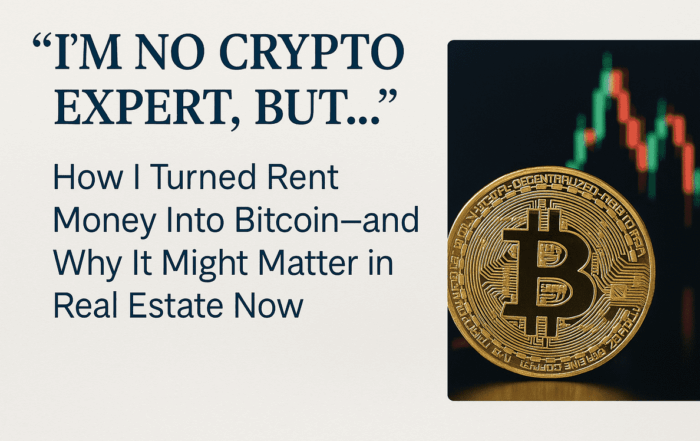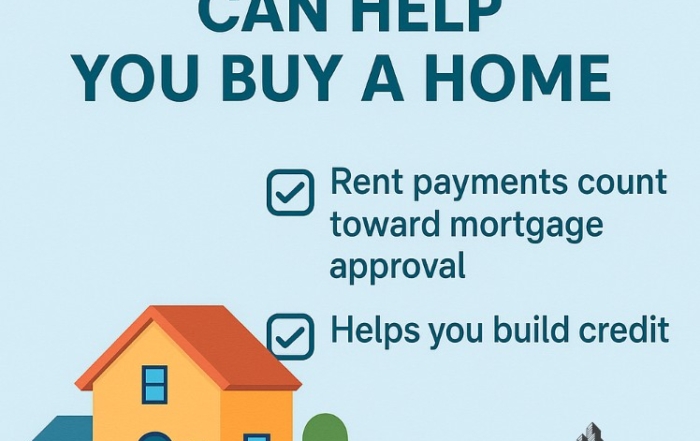
Is Now the Right Time to Sell Your Home?
Deciding when to sell your home is a major financial and personal decision. With fluctuating interest rates, changing buyer demand, and economic uncertainties, many homeowners are asking: Should I sell now, or wait for a better opportunity? Let’s break down the key factors influencing today’s market and help you determine the best move for your situation.
The Current Housing Market: Where Do Things Stand?
The housing market is in a unique position. We’ve been underbuilding homes for years, with a shortage of nearly two million houses annually compared to population growth and household formation. Even if construction ramps up significantly, it could take a decade or more to meet current demand.
Key Factors Impacting the Market
-
Low Inventory: With fewer homes available, prices remain relatively stable despite fluctuations in demand.
-
Higher Mortgage Rates: Increased borrowing costs have slowed buyer activity in some areas.
-
Market Variability: Some locations remain hot, while others have cooled, making local market research critical.
-
Government Policies: Proposed housing reforms and interest rate policies could impact home values in the coming years.
-
Economic Uncertainty: Inflation and employment rates play a significant role in determining market conditions.
Should You Sell or Hold? Key Considerations
1. Your Financial Goals
-
Tapping Into Equity: If your home has gained significant value, selling now can provide a substantial cash infusion for investments or debt reduction.
-
Keeping a Low Mortgage Rate: If you refinanced when rates were low, selling might mean trading a great rate for a higher one on your next home.
-
Rental Potential: With high demand for rentals, holding onto your home as an investment could generate long-term income.
-
Relocation Needs: If you’re moving for work or lifestyle reasons, timing the sale could be crucial to maximizing returns.
2. Market Timing and Seasonality
-
Best Selling Seasons: Historically, spring and summer are the best times to sell, as families prefer to move before a new school year starts.
-
Short-Term vs. Long-Term Strategy: If you’re planning to sell soon, aim for peak buyer demand. If you can wait, a market recovery could mean better pricing later.
-
Interest Rate Trends: If rates are expected to drop, waiting might be beneficial, while rising rates could mean selling sooner is better.
3. Emotional and Practical Factors
-
Future Living Plans: Do you already have another place lined up? If not, consider where you’ll move next.
-
Home Condition: Does your home need repairs or upgrades to get top dollar? Renovation costs may impact your decision.
-
Market Competition: If few homes are available in your area, you might have an advantage. However, if there’s a surplus, you may need to be more competitive with pricing and incentives.
-
Time Commitment: Selling a home requires effort in staging, marketing, and negotiating. Are you prepared for that process?
The Pros and Cons of Selling Now
Pros:
✔ Potential to cash in on built-up equity ✔ Less competition if inventory remains low ✔ Ability to move to a more desirable home or location ✔ Avoid potential market downturns ✔ Opportunity to reinvest funds in better opportunities
Cons:
❌ Higher mortgage rates could impact your ability to buy another home ❌ Market timing is unpredictable, and prices could continue rising ❌ Holding the property as a rental may offer better long-term gains ❌ Capital gains tax considerations if your home has significantly appreciated
What Real Estate Experts Recommend
Local market conditions play a significant role in whether selling now is the right move. Consulting a real estate professional for a Comparative Market Analysis (CMA) can give you insights into pricing, demand, and trends in your area.
Additionally, staying flexible is key. If you’re not in a rush, you may benefit from holding your property until conditions improve. If timing is critical, pricing strategically and staging your home effectively can help you maximize your sale.
Alternatives to Selling
If selling isn’t the right move for you, consider these options:
-
Renting It Out: If the rental market is strong, turning your property into a rental could generate consistent income.
-
Refinancing: If you need cash but don’t want to sell, refinancing might provide a way to access home equity while keeping your property.
-
House Hacking: Consider renting out part of your home (like a basement or guest suite) to generate income without selling.
-
HELOC (Home Equity Line of Credit): A HELOC allows you to borrow against your home’s value while keeping ownership.
The Bottom Line: Should You Sell Now?
Are you thinking about selling? You might want to think twice. Selling now means giving up long-term wealth and stability just as the market is gearing up for another cycle. Instead of cashing out, consider keeping your property as a long-term rental (LTR) and letting it generate steady, reliable income while appreciating in value.
Short-term rentals may seem appealing, but they are uncertain—seasonal demand, regulatory changes, and constant turnover. Long-term rentals, on the other hand, offer consistency. You lock in tenants, secure predictable cash flow, and avoid the headache of constant management. Plus, as rents rise over time, so does your income—without the risk of being priced out of the market if you sell and try to buy back in later.
The smart move? Hold onto your property, let your tenants pay your mortgage, and steadily build wealth. Selling now is short-term thinking—real estate rewards those who play the long game.
Let’s connect! With 20+ years of experience, I’ve helped hundreds of investors build thriving property portfolios. Ready to grow yours? 🚀 Get started here: https://graystoneig.com/real-estate-investing-2/investor-profile
“If I did it, anyone can.” – Jorge Vazquez, CEO
Pick your expert. Book your free 15-minute consult now. We are here to help!
Our Top Articles
“I’m No Crypto Expert, But…”: How I Turned Rent Money Into Bitcoin—and Why It Might Matter in Real Estate Now
Jorge Vazquez2025-07-17T02:10:56+00:00July 17th, 2025|Comments Off on “I’m No Crypto Expert, But…”: How I Turned Rent Money Into Bitcoin—and Why It Might Matter in Real Estate Now
“I’m No Crypto Expert, But…”: How I Turned Rent Money Into Bitcoin—and Why It Might Matter in Real Estate [...]
Your Rent Can Now Help You Buy a House
Jorge Vazquez2025-07-17T01:47:51+00:00July 17th, 2025|Comments Off on Your Rent Can Now Help You Buy a House
Your Rent Can Now Help You Buy a House (Yes, It’s Official) I was taking lunch while listening to [...]
Got a Call from the Tampa Bay Times Today… Let Me Tell You What Happened
Jorge Vazquez2025-07-17T01:47:24+00:00July 15th, 2025|Comments Off on Got a Call from the Tampa Bay Times Today… Let Me Tell You What Happened
Today was just a regular workday. I had some calls lined up, was checking in with [...]
Property Profit Academy:
✔ Learn to buy properties with little to no money down.
✔ Build a $10M portfolio step by step.
✔ Master strategies like BRRRR and house hacking.









